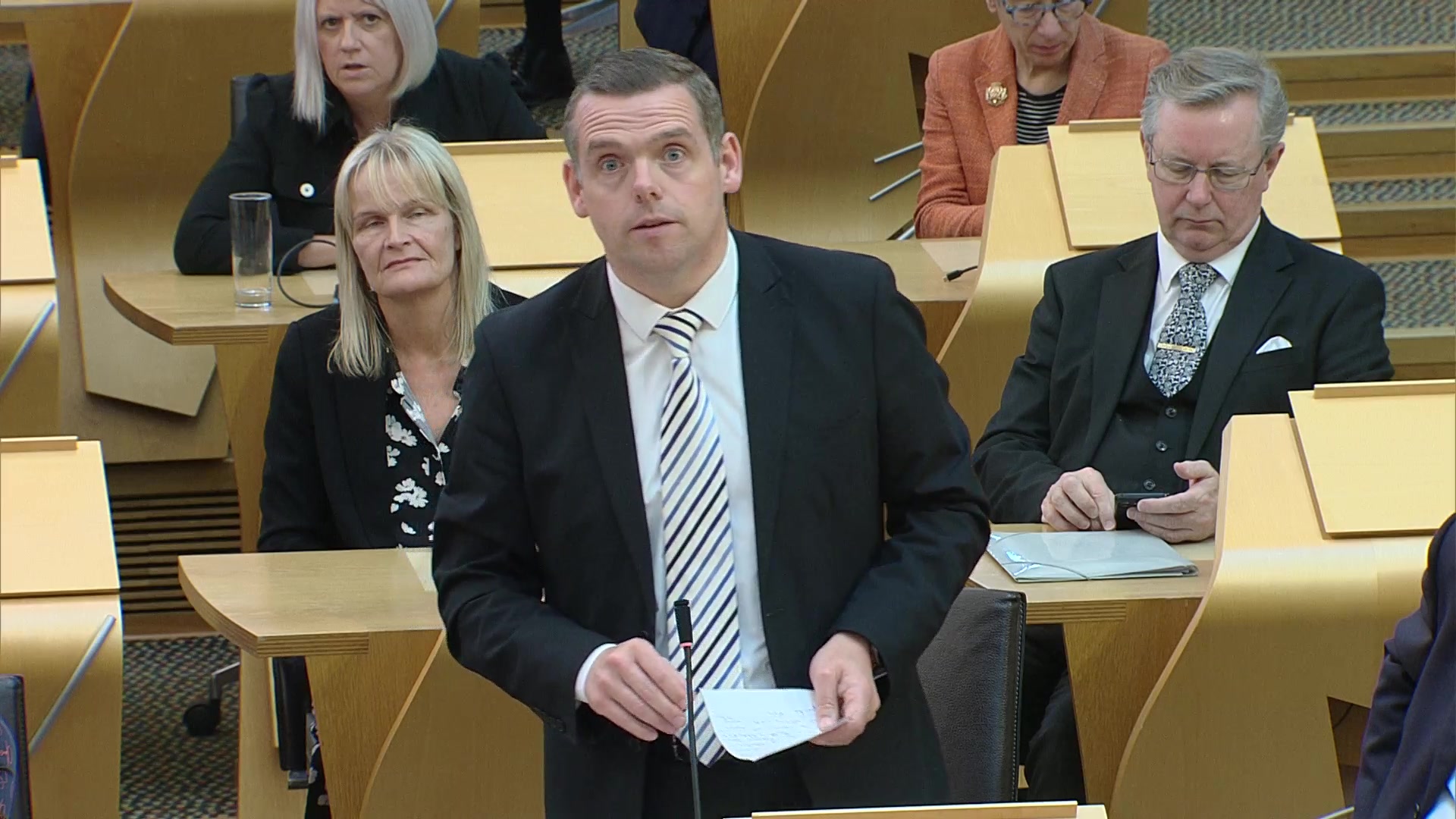Details
That the Parliament understands that, every year,14,000 people in Scotland experience stroke, which is the third most common cause of death and the most common cause of severe physical disability among adults; believes that stroke patients account for 7% of all NHS beds and that treatment for the condition takes up 5% of the NHS budget; considers that there is well-established evidence demonstrating the benefits of organised specialist care in improving outcomes; notes the recent SIGN guidelines that focus on acute care and secondary prevention and emphasise the importance of providing access to specialist services quickly; understands that there has been a welcome long-term downward trend in mortality rates, with a 39% decrease between 2006 and 2016; considers that the challenge now is that more people than ever, around 124,000, are living with the long-term effects of stroke, half of whom have a disability; notes that, in the most deprived areas, the mortality rate in 2015 for such cerebrovascular diseases was 42.3% higher than the least deprived; recognises that people in remote and rural areas can face issues in accessing clinical care, including access to thrombectomy, which is unavailable outside Edinburgh and Glasgow as there are only three clinicians trained to carry out this procedure in Scotland, compared with over 80 in England and Wales; notes the view that greater investment would help tackle what it sees as this inequity; believes that, outside the work of the recognised charities, only NHS Greater Glasgow and Clyde and NHS Tayside offer specialist follow-up nursing, but with more limited scope and timescales; understands that stroke nurses provide flexible and holistic support that covers health, wellbeing, socialisation, vocational rehabilitation and advice on financial issues, and notes the opinion that there is an urgent need for further investment in high quality aftercare, more stroke nurses and support systems and pathways in place in communities in Mid Scotland and Fife and across the country to keep survivors active in order to improve recovery, wellbeing and to aid secondary prevention.
To share or download a clip: Set the start of the clip by seeking the video, then click Set start point. Repeat for the End point.
Share
Download
Preview



